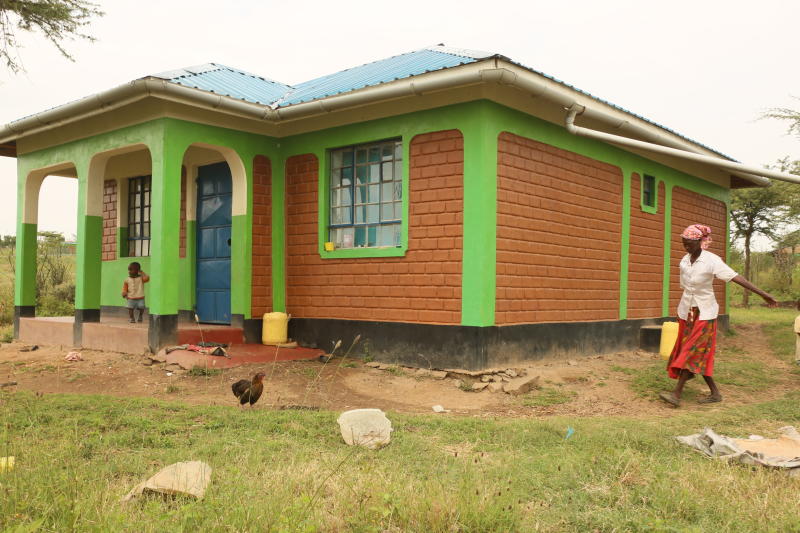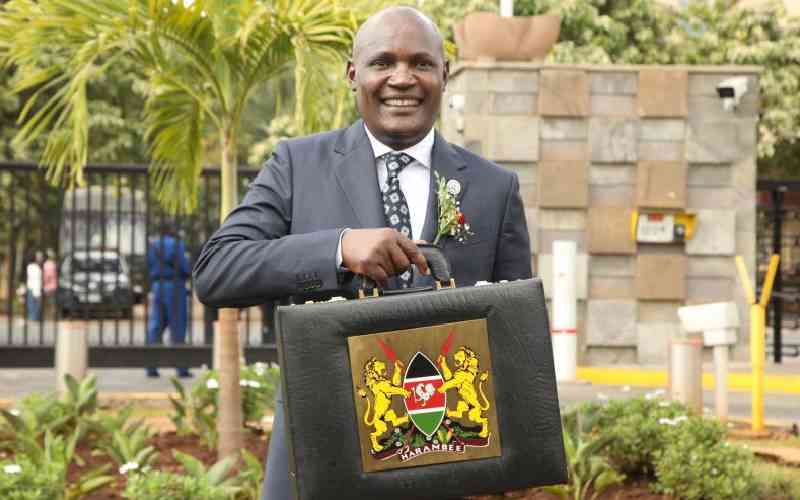×
The Standard e-Paper
Stay Informed, Even Offline

In the interior of Laikipia North, a kilometre from Rumuruti town, bare land dotted with shrubs and manyattas paints a picture of an austere life.
In the Kandutura settlement area, residents eke out a living from cattle rearing, casual work in the nearby ranches and flower farms.







